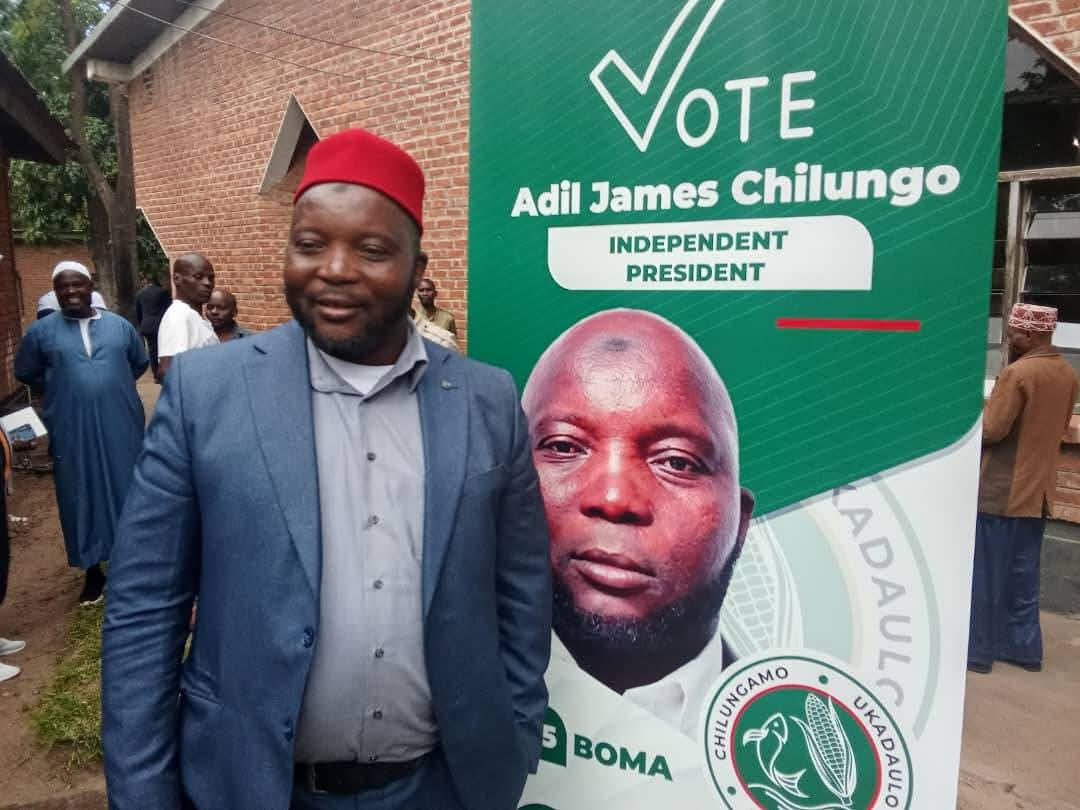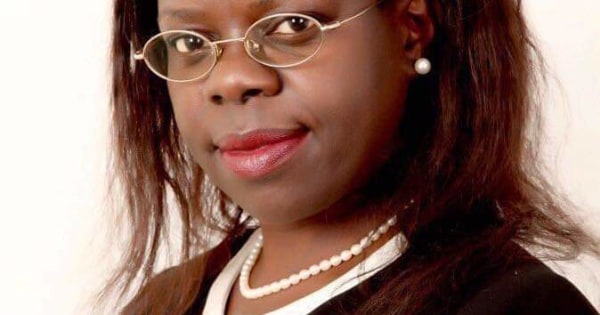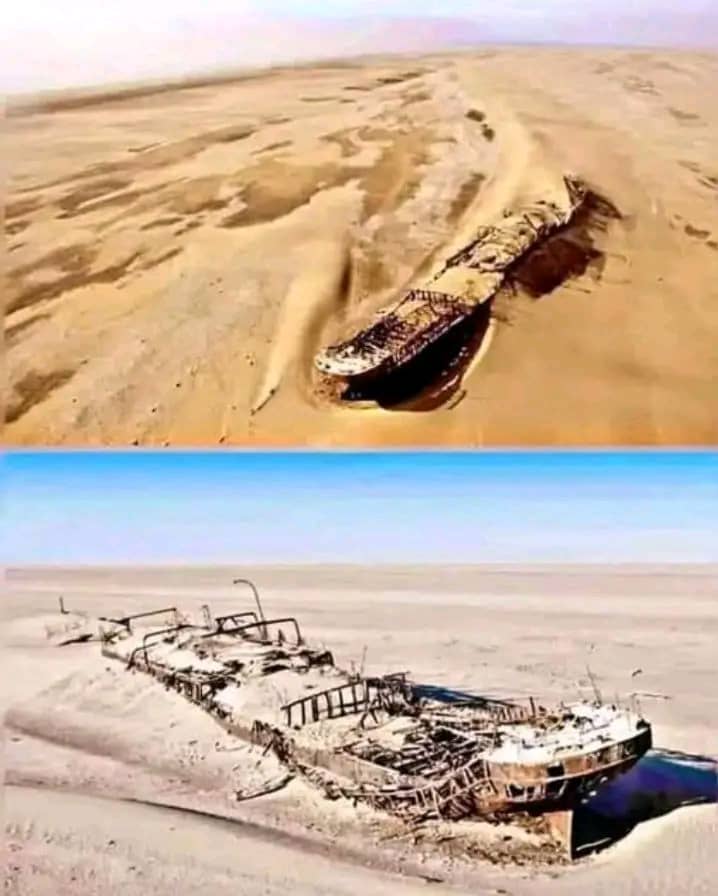By Suleman Chitera, Blantyre, Malawi
Presidential aspirant Adil James Chilungo has laid out a bold and transformative vision for Malawi, calling for justice, fairness, and equitable distribution of national resources. Speaking at a highly anticipated press briefing held at the Grace Bandawe Conference Centre in Blantyre, Chilungo pointed to hunger, fuel shortages, and foreign exchange challenges as signs of deep-rooted corruption and a broken system that needs urgent reform.
A respected voice in civil society and former Chairperson of the Council for Non-Governmental Organizations in Malawi (CONGOMA), Chilungo stressed that politics must move beyond rhetoric and focus on how national resources are managed and shared. “Politics is not about empty promises. It’s about justice in how opportunities and resources are distributed,” he said.
Chilungo called for the adoption of non-interest banking models, promotion of equal access to economic and educational opportunities, and the creation of a governance system that transcends tribal, regional, and political boundaries. He emphasized the need for a leadership grounded in justice, integrity, and professionalism.
Importantly, Chilungo clarified that he is not affiliated with any political party, but is willing to collaborate with individuals and groups who align with his values and vision. “This is not about positions or alliances. It’s about transforming Malawi together,” he stated. He also confirmed that his campaign team is already mobilizing nationwide, and he expressed confidence in competing effectively under the 50+1 electoral system. “With collective support, the 50+1 target is achievable,” he said.
The presidential hopeful highlighted the need to boost national production, arguing that many of Malawi’s economic challenges—including forex and fuel scarcity—can be addressed through self-reliance and local productivity. “When Malawi produces enough for itself, the economy will stabilize naturally,” he said, adding that solving hunger and corruption would be key steps toward national development.
The event attracted a cross-section of Malawians, including individuals from various religious and cultural backgrounds, something Chilungo said symbolized the unity and tolerance that Malawi urgently needs. “Our diversity is our strength. Unity and respect are values that must guide our path forward,” he said.
Chilungo’s message has already begun to strike a chord with many Malawians who are disillusioned with traditional politics and are yearning for honest, transparent, and results-oriented leadership.
As Malawi edges closer to the next election cycle, Chilungo’s message of hope, reform, and justice could become a rallying point for those ready to rewrite the country’s political narrative.




